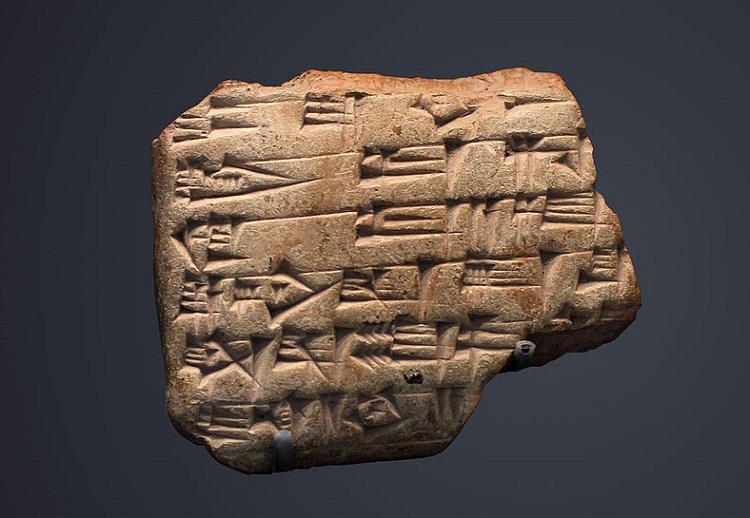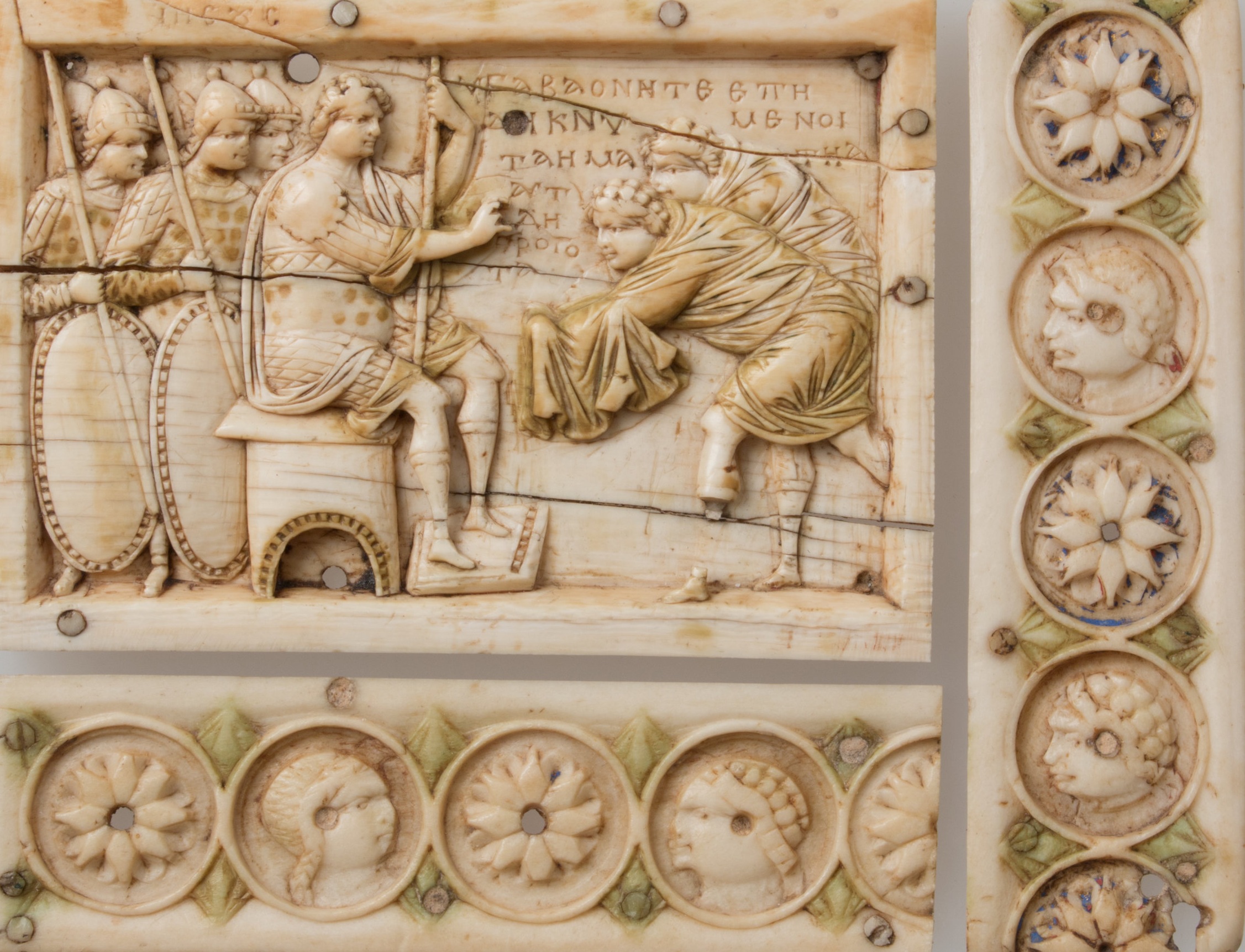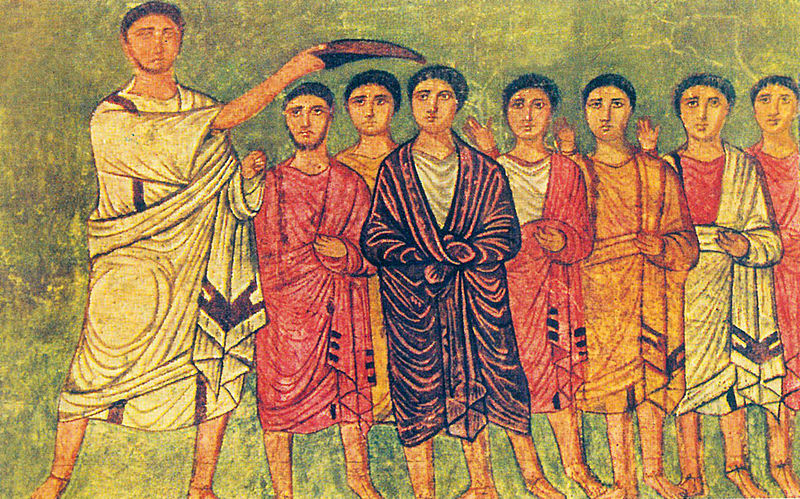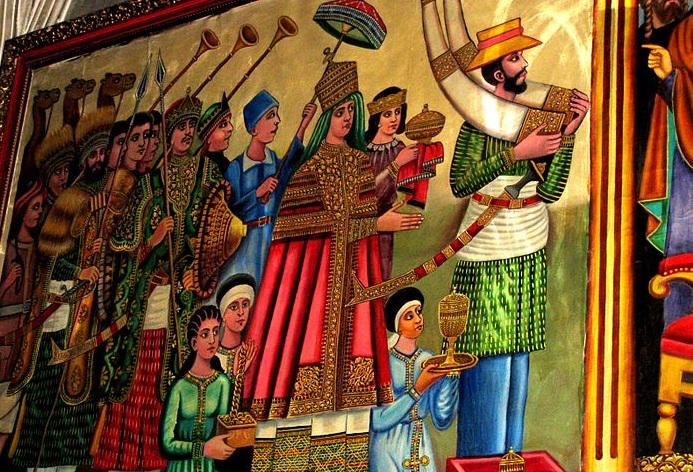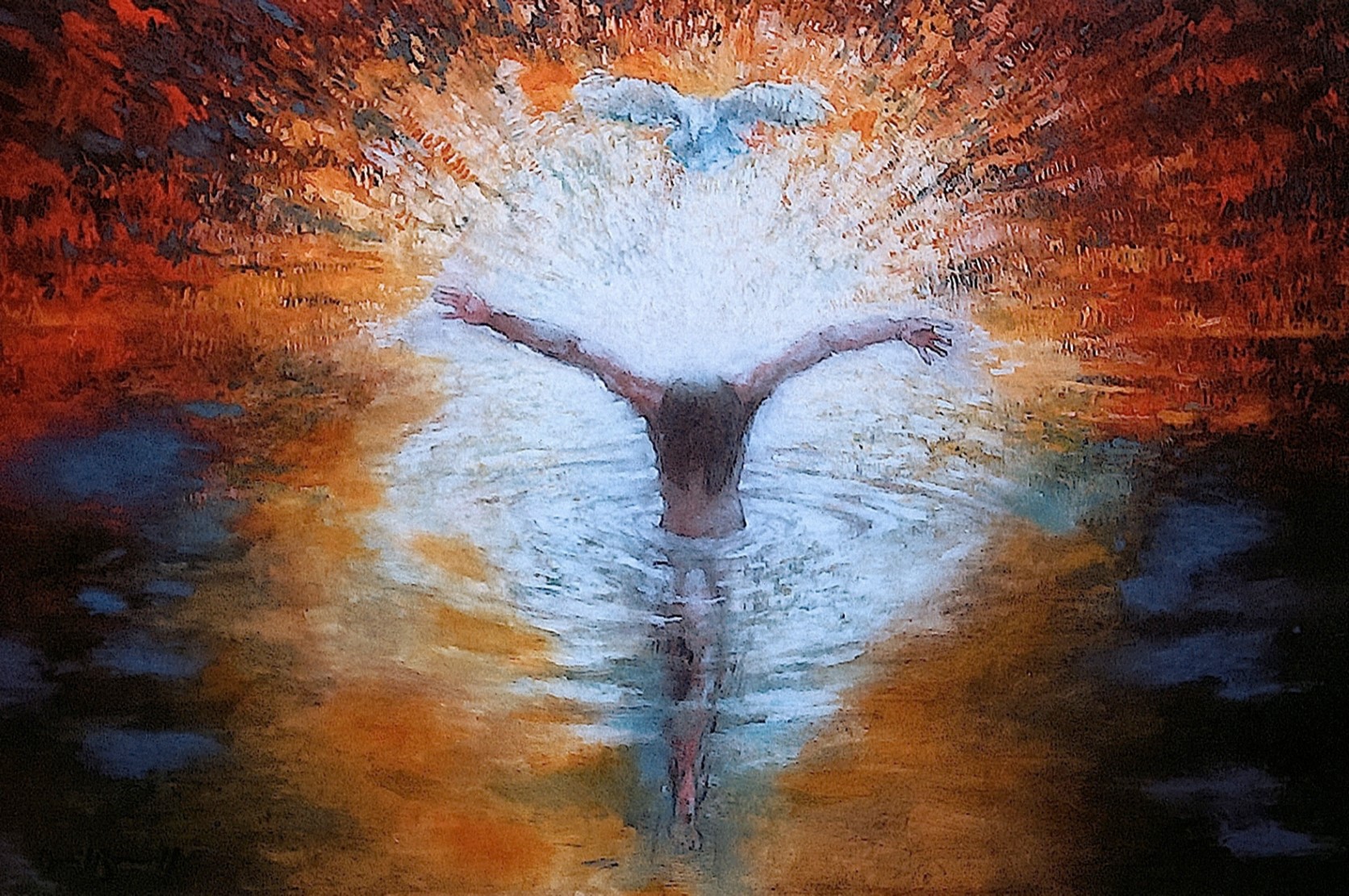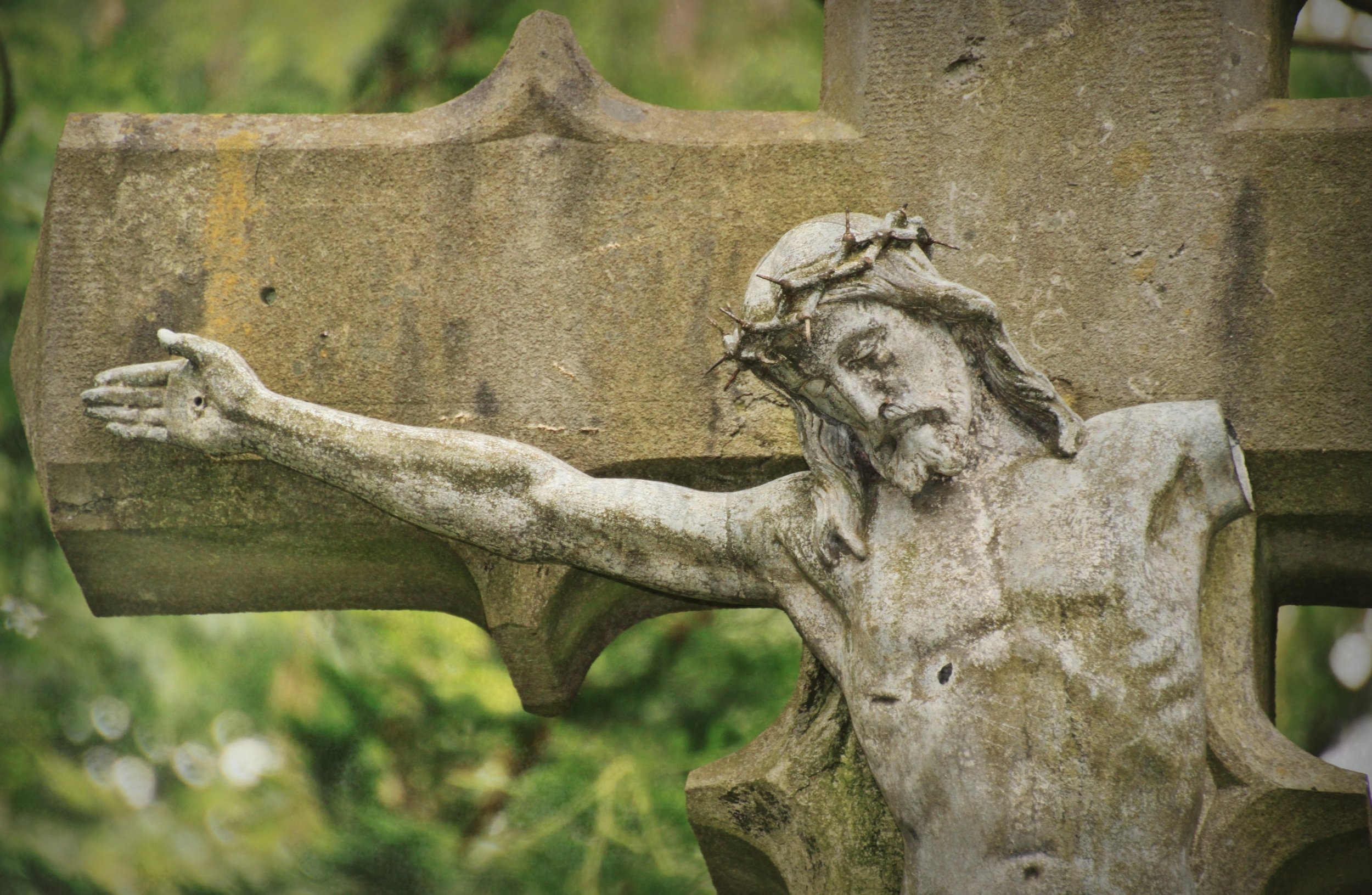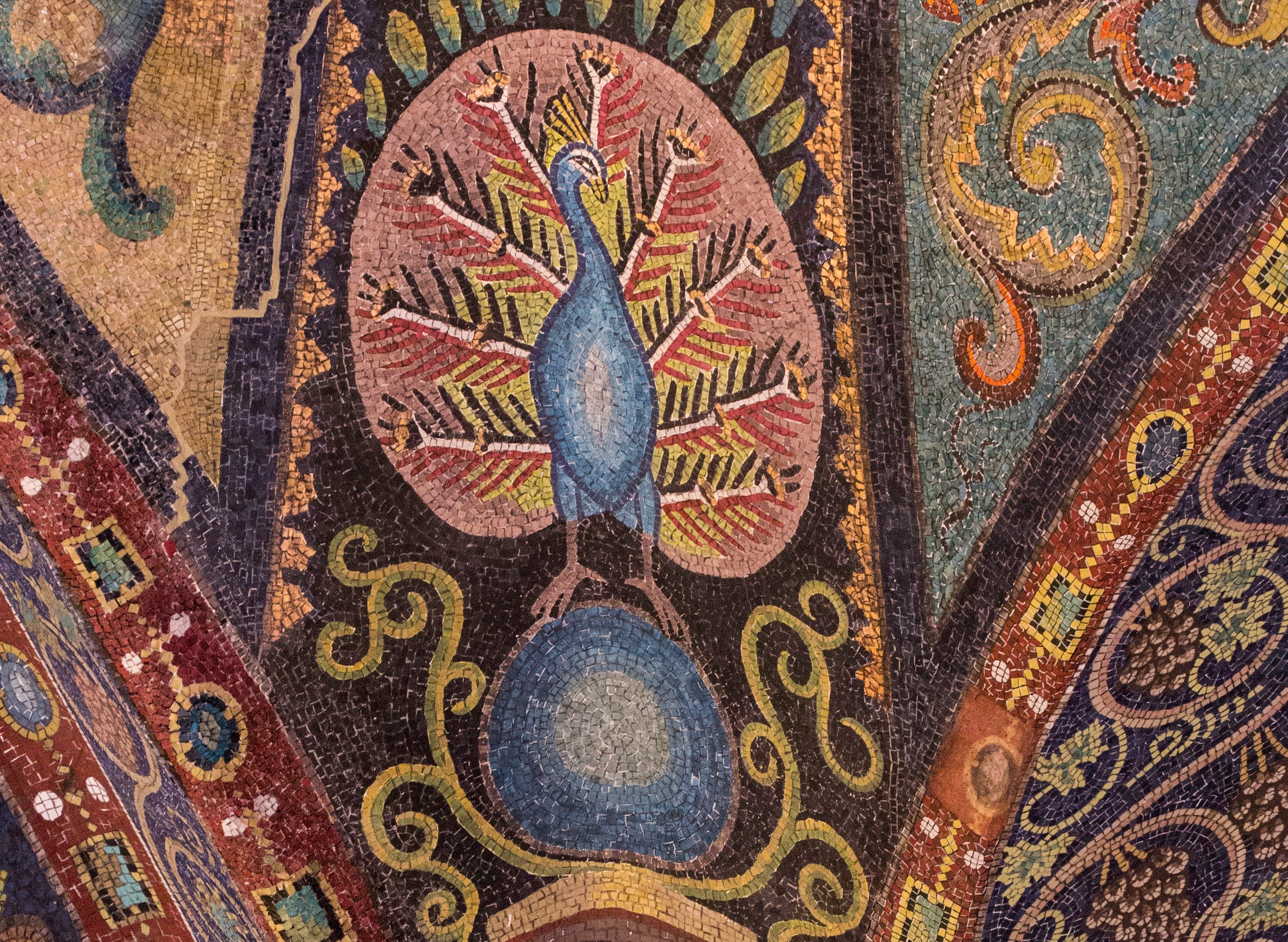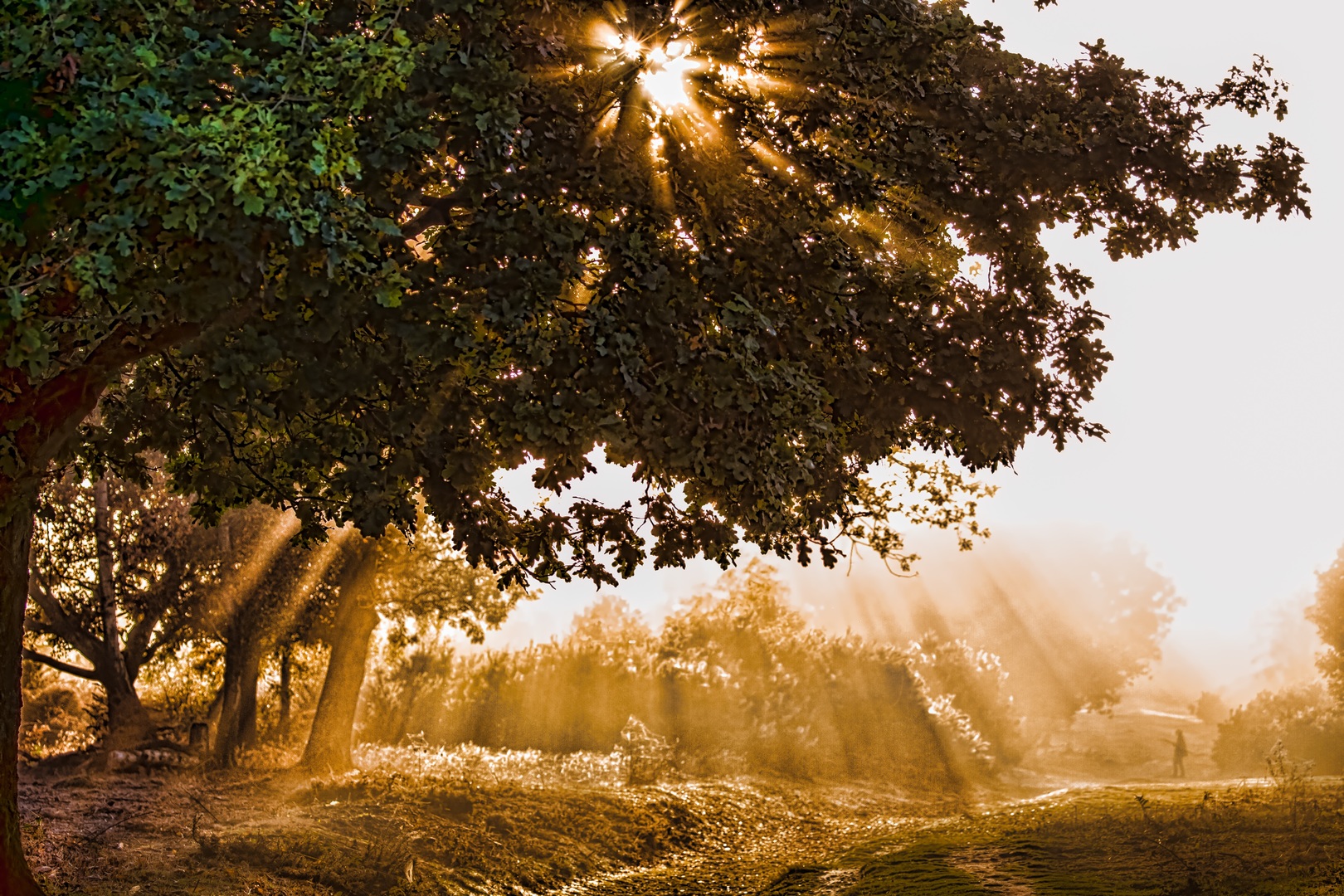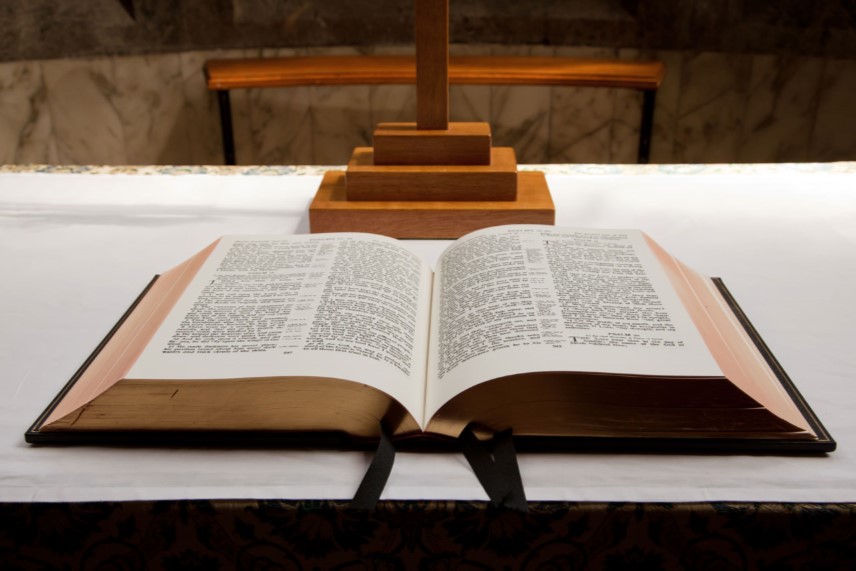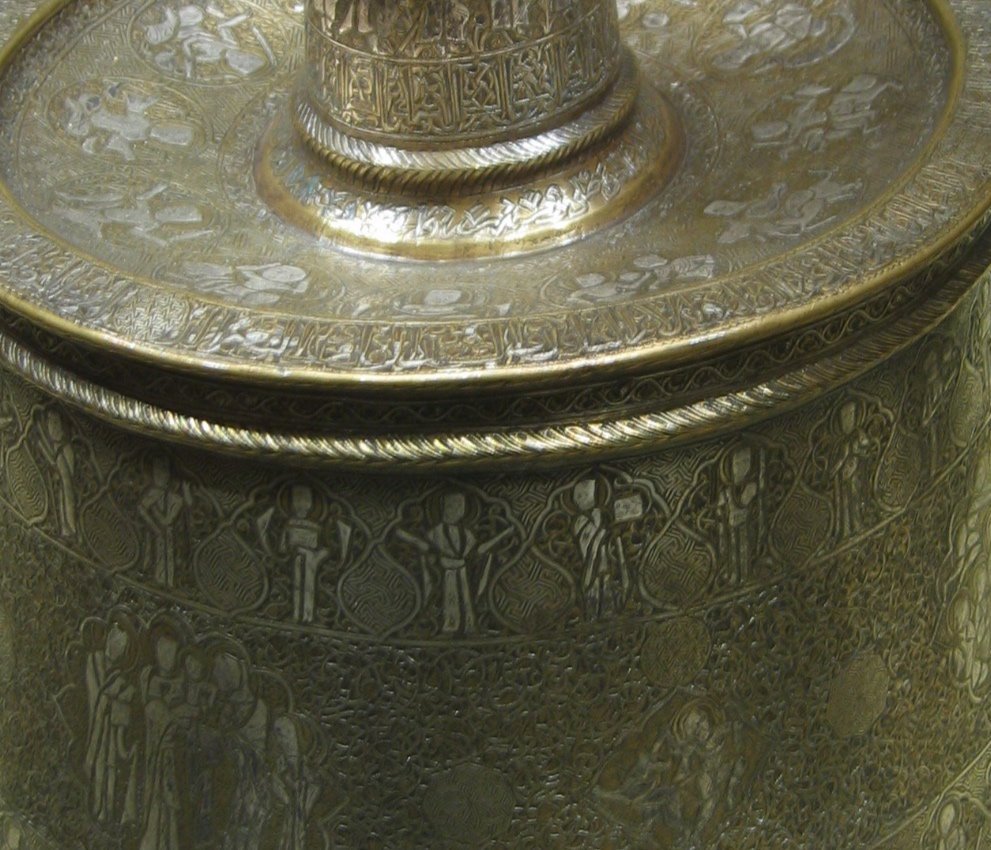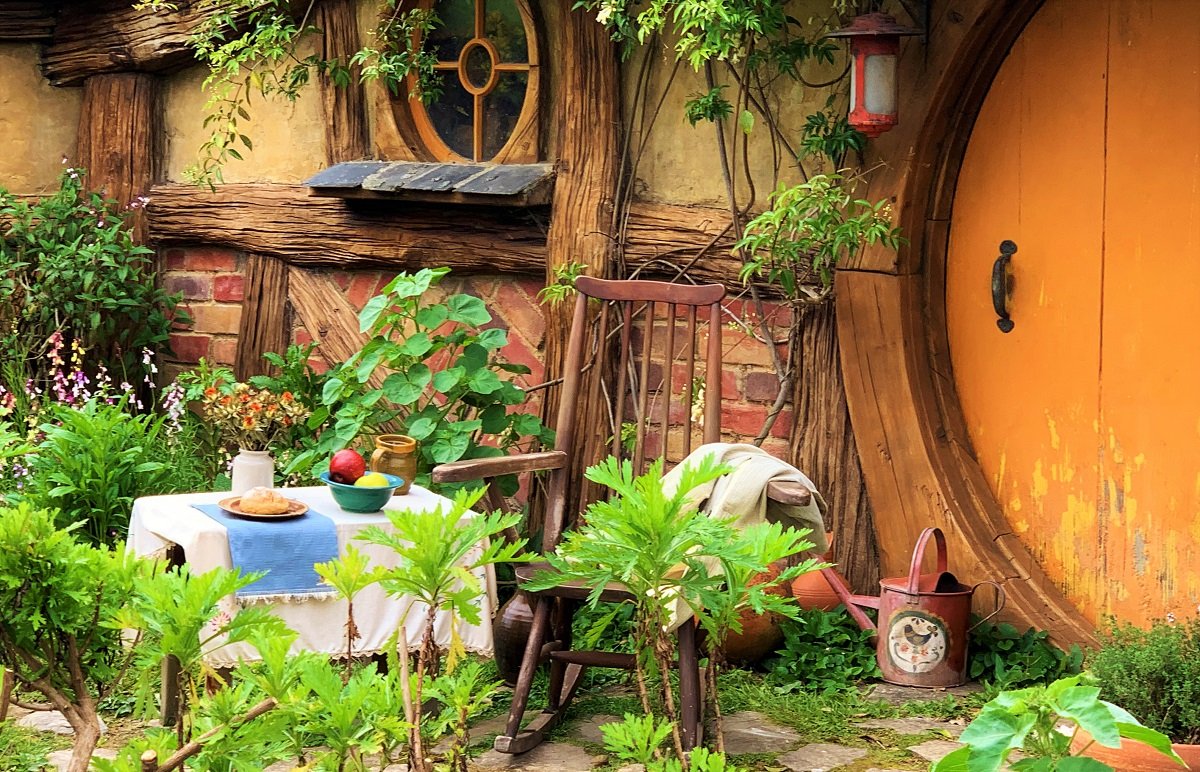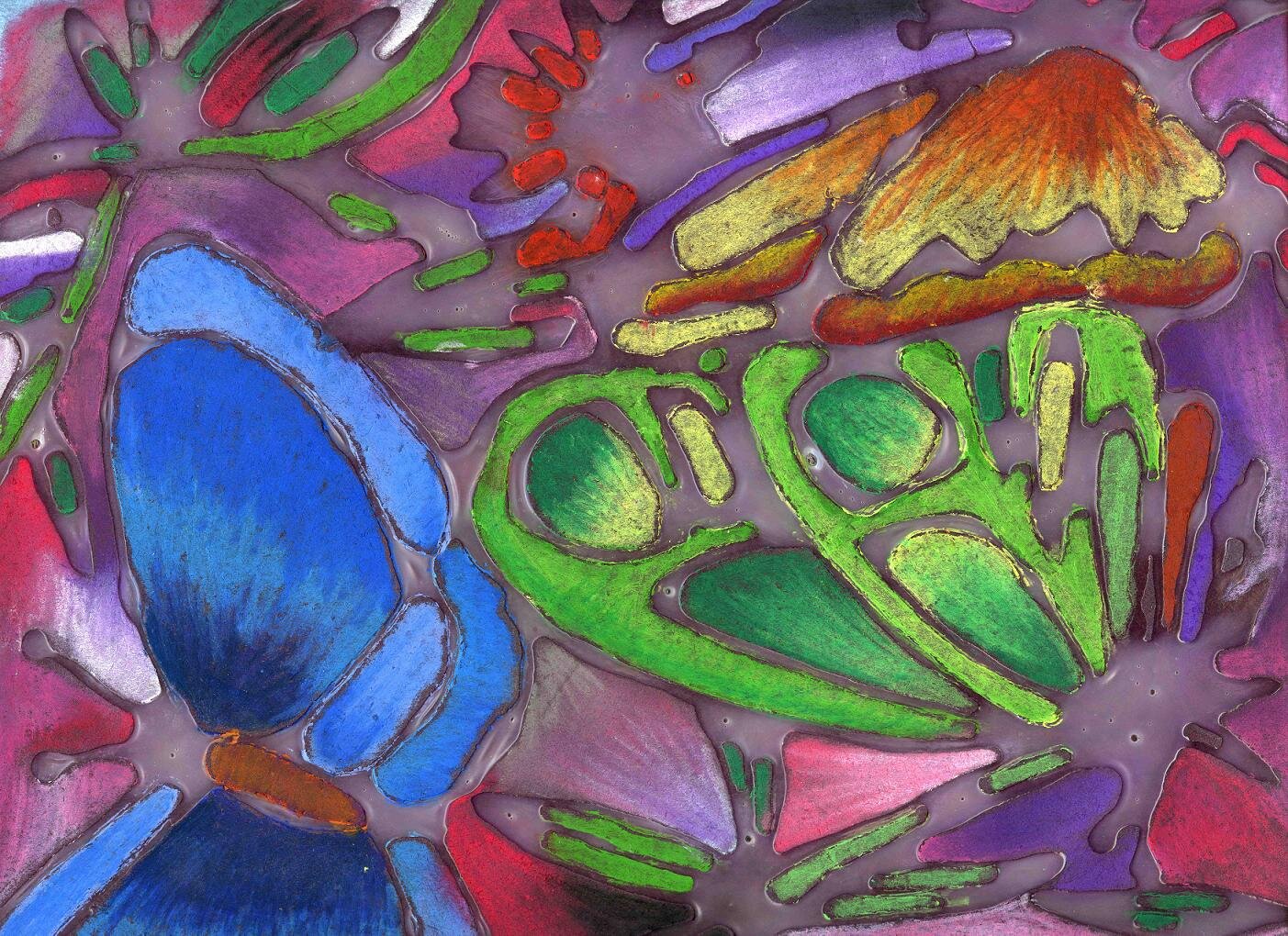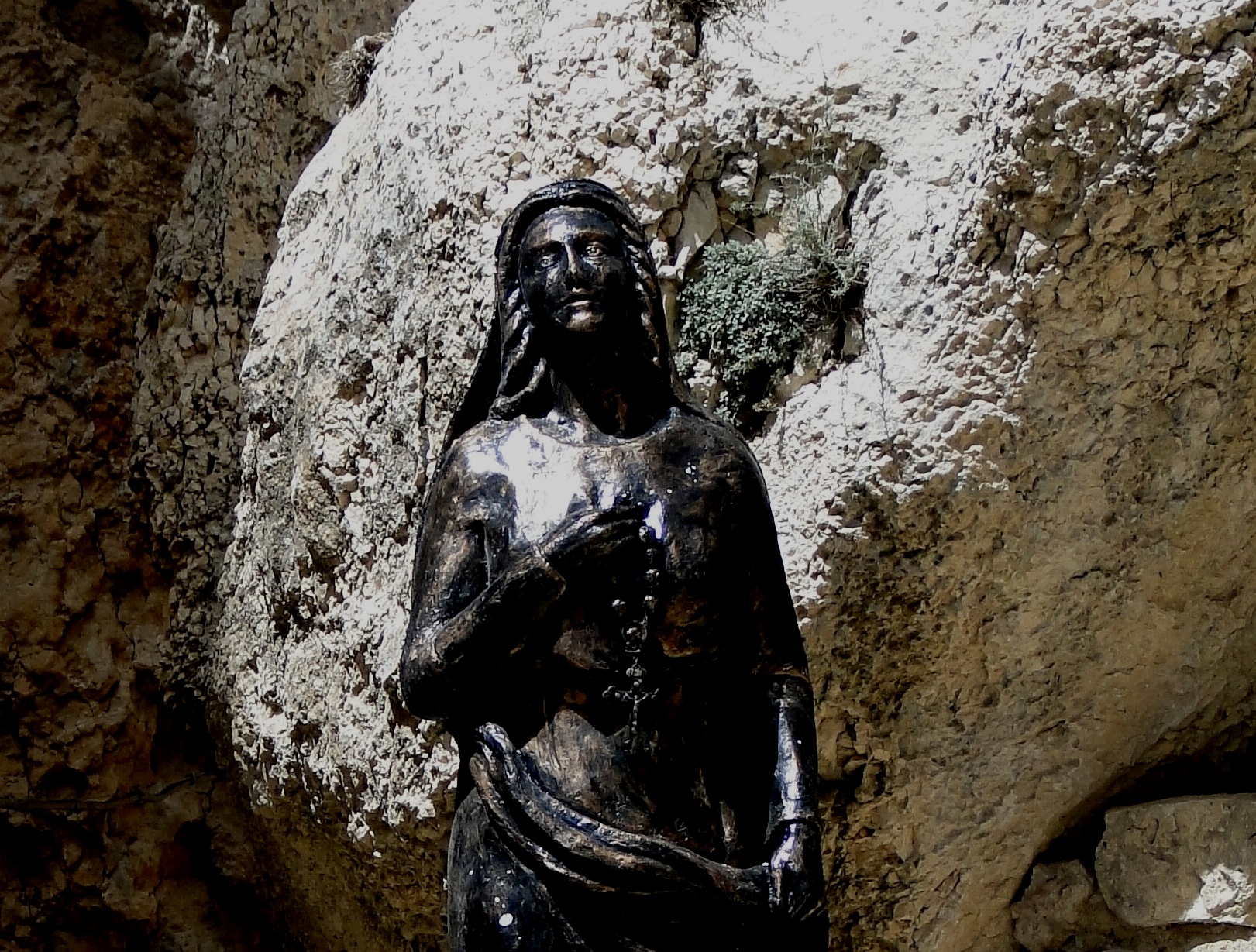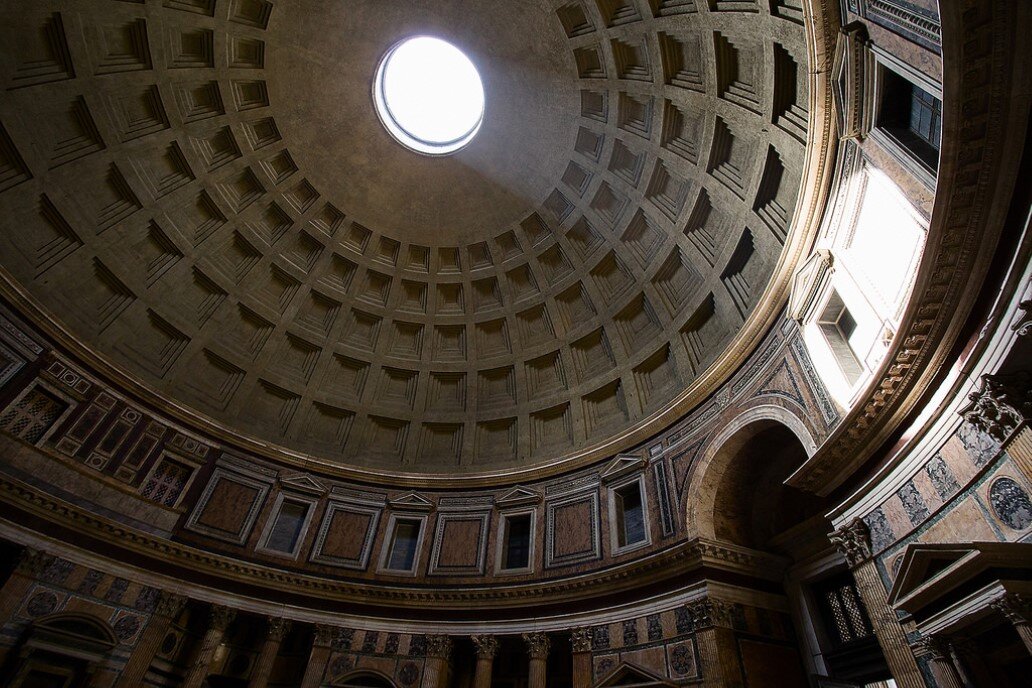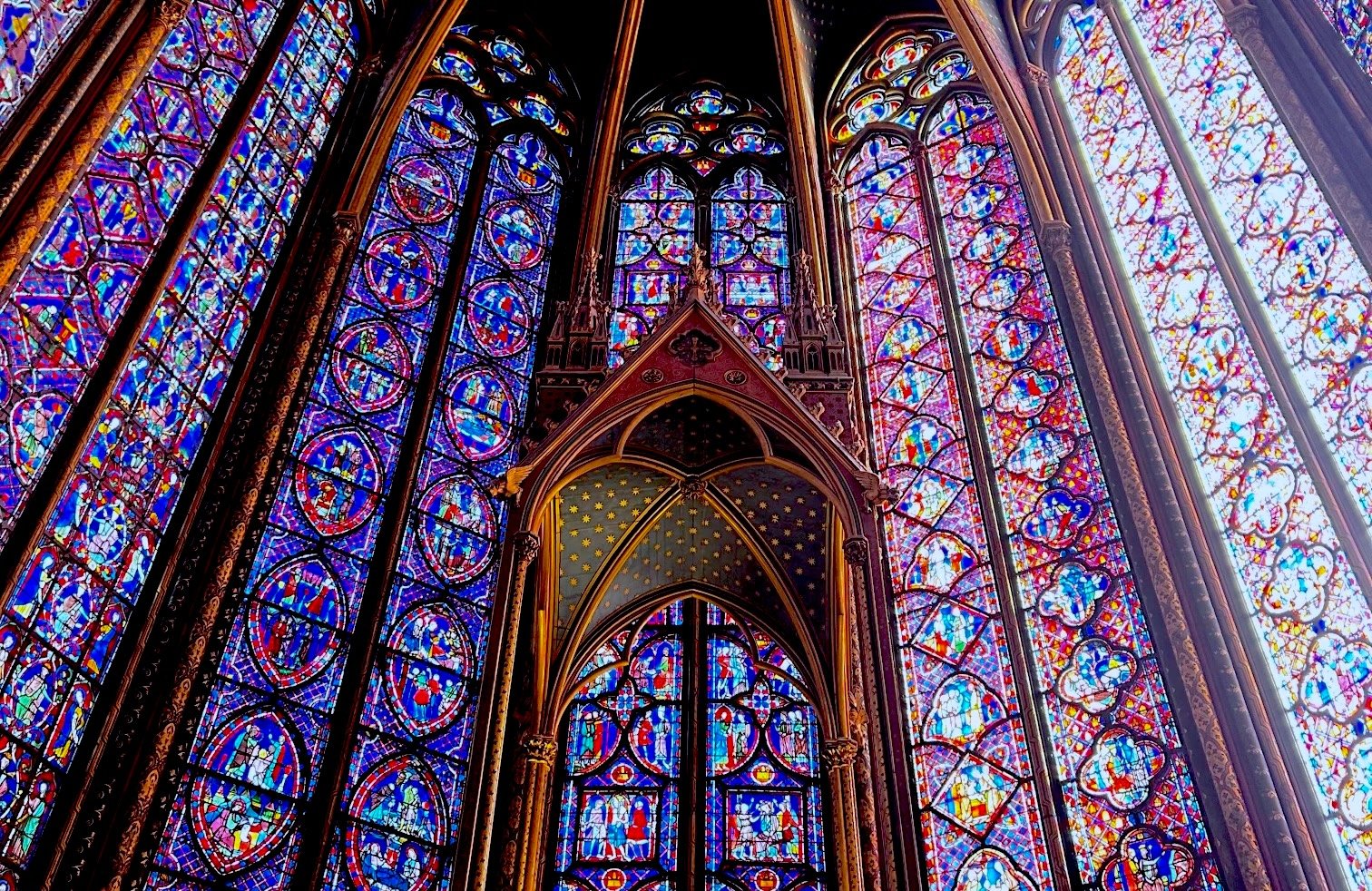Cycles of Defeat
Bible Studies, Messages, Papers on the Book of Judges
Photograph: Sketch of Deborah, judge of Israel in Judges 4 - 5, by French artist and printer Guillaume Rouille (1518 - 1589). Photo credit: Public domain, Wikimedia Commons.
Below are messages, small group leader notes, and exegetical notes on the Book of Judges.
Notes and Essays on Judges
The Theme of Women in Judges, and the Portrayal of Deborah as Leader
Notes on how Deborah is portrayed as a prophet like Moses, and the significance of her portrayal for the entire Book of Judges and the rest of the biblical canon.
Helpful Resources on Judges
James Bejon, The Book of Judges & its Anti-Feasts: A Liturgy of Violence. James Bejon Substack, May 25, 2021.
Claude Marriottini, Translating the Bible: The Case of the Abusive Husband. Dr. Claude Mariottini blog, Sep 5, 2022. On Judges 19 and the Levite and the concubine. The Greek LXX is vindicated in this instance over patriarchal translations like the ESV.
Tablet of King Zimri-Lim, a contemporary of Hammurabi of Babylon, from the Mari Tablets. Photo credit: M0tty, Wikimedia Commons. The city-state Mari along the Euphrates River in what is now eastern Syria, has been a valuable source of information informing Sumerian and Mesopotamian history, including Semitic expressions in the Bible from the age of Abraham and Sarah to the Book of Judges. The royal palace of Mari was impressive: "This residence, enlarged successively by each of the West Semitic rulers at Mari, reached its zenith under Zimri-Lim, with an area of about eight acres and including over 300 chambers, corridors, and courts. Besides the private quarters for the royal family and entourage, there are administrative offices, a scribal school, quarters for visiting dignitaries, a royal chapel, a throne room, and a reception chamber. Service areas included guard quarters, workshops, and storerooms. Special elegance was provided in several halls and courts by multicolored frescoes depicting chiefly ritual and mythological scenes, including an investiture of a king (Zimri-Lim?) in the presence of several deities. This ceremony takes place in an idealized garden, its trees guarded by "cherubim" and symbolically watered by four streams flowing from a single source – all reminiscent of the biblical Paradise story." (Jewish Virtual Library)

